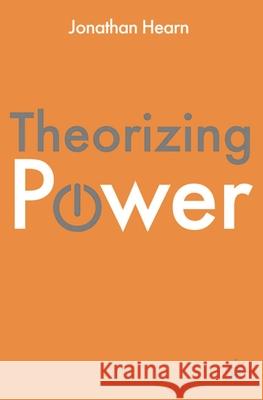Theorizing Power » książka
topmenu
Theorizing Power
ISBN-13: 9780230246560 / Angielski / Twarda / 2012 / 264 str.
Theorizing Power
ISBN-13: 9780230246560 / Angielski / Twarda / 2012 / 264 str.
cena 696,85
(netto: 663,67 VAT: 5%)
Najniższa cena z 30 dni: 644,49
(netto: 663,67 VAT: 5%)
Najniższa cena z 30 dni: 644,49
Termin realizacji zamówienia:
ok. 22 dni roboczych.
ok. 22 dni roboczych.
Darmowa dostawa!
A thorough overview of the theories, issues and debates surrounding the concept of 'power'











